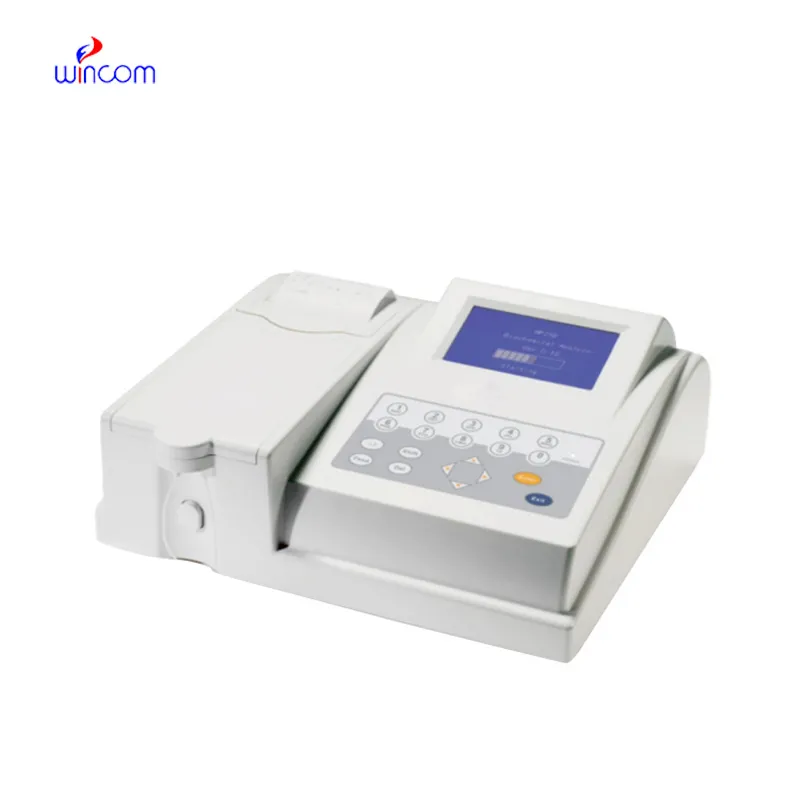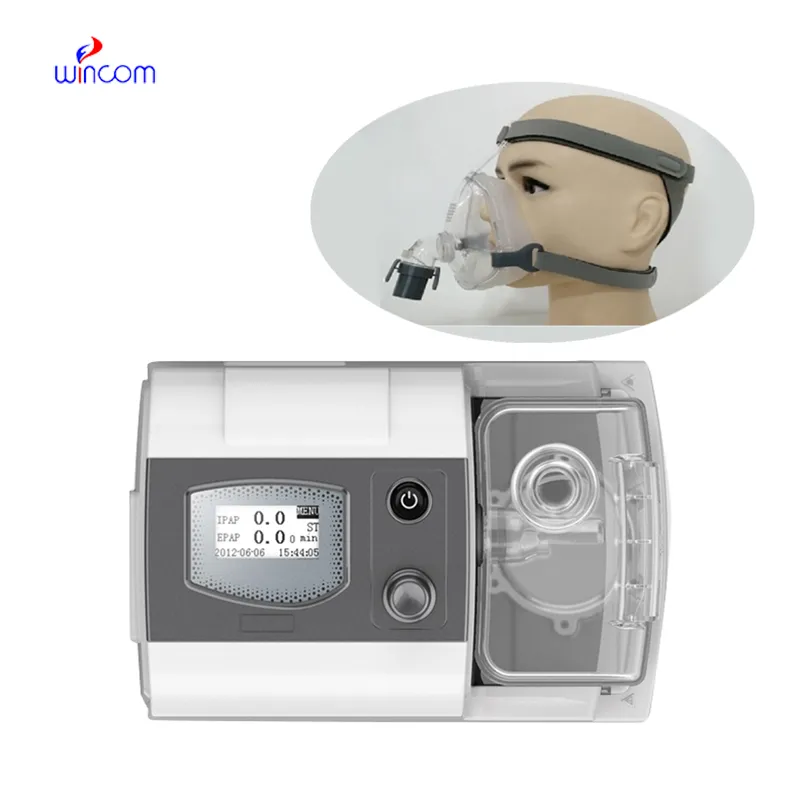
With advanced digital technology, the standing mri machine supports real-time image processing and high visualization. It has a strong build to provide steady operation under heavy loads. The standing mri machine supports a range of imaging sequences and is therefore beneficial in neurologic, abdominal, and orthopedic use.

The standing mri machine in pediatric radiology is employed to assess congenital illness and growth disorder. It provides an opportunity to perform imaging without radiation, and therefore, it is a perfect instrument to be utilized in children. The standing mri machine provides critical information on neurological, cardiac, and bone disorders at an early stage of growth.

The standing mri machine will continue to evolve with even greater control of magnetic fields and more sophisticated imaging pulse sequences. Next-generation systems will take ultra-high-resolution images capable of imaging microscopic tissue architecture. The standing mri machine will also provide improved patient comfort through noise cancellation and shorter scan times.

To maintain the standing mri machine in working condition, staff should clean the patient table, coils, and bore space on a regular basis. The cryogenic system of the machine should be filled and inspected to prevent magnet quenching. The standing mri machine also need to be protected from power surges with specialized electrical stabilizers.
The standing mri machine is the most sophisticated diagnostic imaging technology, forming high-definition images with precise cross-sections of the body. It enables physicians to scan deep tissue structures without jeopardizing it. The standing mri machine is extensively used in neurology, cardiology, and musculoskeletal medicine.
Q: What are the main components of an MRI machine? A: The main components include a superconducting magnet, radiofrequency coils, gradient coils, a patient table, and a computer system for image reconstruction. Q: Can MRI detect early signs of disease? A: Yes, MRI can identify early changes in tissues such as inflammation, lesions, and tumors, allowing for timely diagnosis and treatment planning. Q: Why is it important to stay still during an MRI scan? A: Movement during scanning can blur the images, making it harder to capture accurate details. Patients are asked to remain still to ensure sharp, diagnostic-quality images. Q: Are MRI scans painful or uncomfortable? A: MRI scans are painless, but some patients may experience discomfort from lying still or hearing loud scanning noises, which can be reduced using ear protection. Q: Can MRI be used for cardiac imaging? A: Yes, MRI is commonly used to evaluate heart function, blood flow, and structural abnormalities without invasive procedures or ionizing radiation.
This ultrasound scanner has truly improved our workflow. The image resolution and portability make it a great addition to our clinic.
We’ve been using this mri machine for several months, and the image clarity is excellent. It’s reliable and easy for our team to operate.
To protect the privacy of our buyers, only public service email domains like Gmail, Yahoo, and MSN will be displayed. Additionally, only a limited portion of the inquiry content will be shown.
Could you share the specifications and price for your hospital bed models? We’re looking for adjus...
I’m looking to purchase several microscopes for a research lab. Please let me know the price list ...
E-mail: [email protected]
Tel: +86-731-84176622
+86-731-84136655
Address: Rm.1507,Xinsancheng Plaza. No.58, Renmin Road(E),Changsha,Hunan,China